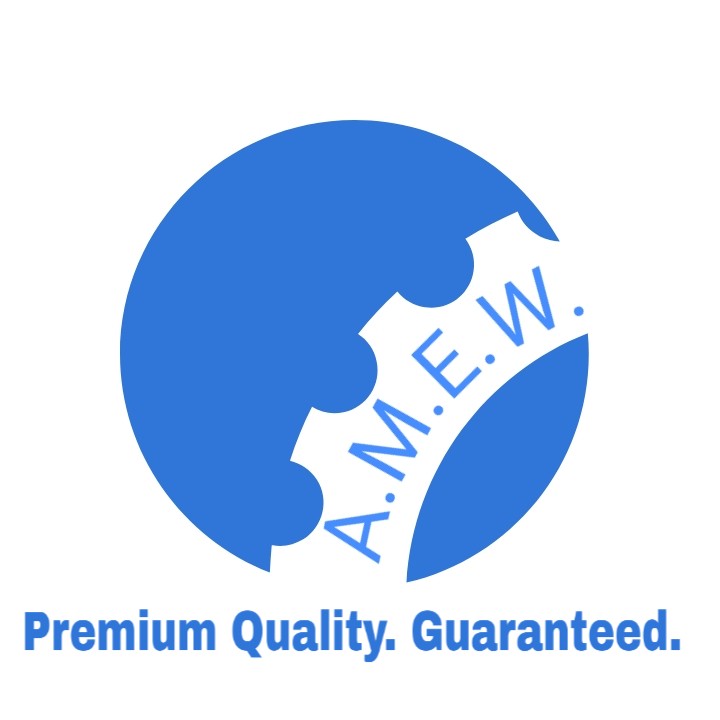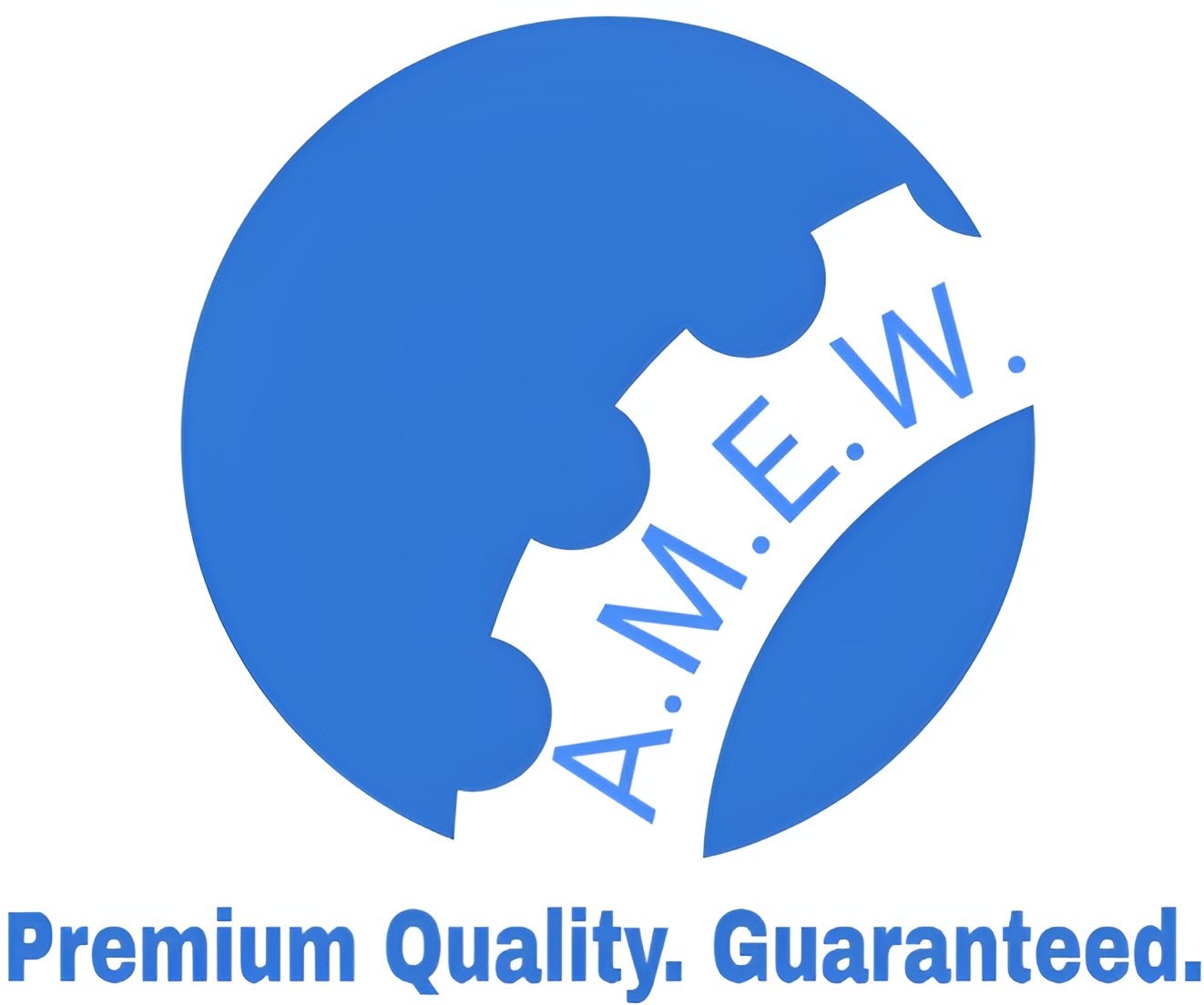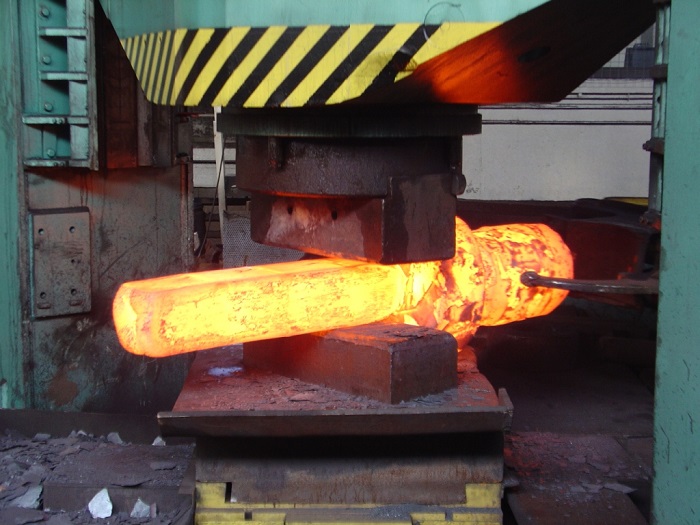Description
Custom Open Die Forging
Custom open die forging is a highly specialized process that produces large, high-strength components for various industries by shaping metal using a series of heavy blows from a hammer or press. This forging method differs from closed-die forging because the dies do not enclose the workpiece entirely, allowing the material to flow more freely and be shaped in different directions. Open die forging is ideal for producing parts that require exceptional strength, structural integrity, and durability. It is widely used in industries such as aerospace, energy, shipbuilding, and heavy machinery, where precision and reliability are critical.
The process begins by heating a metal billet or ingot to a high temperature, making it more malleable. A large forging hammer or press is then used to shape the metal into the desired form through repeated blows. This forging method allows for the production of large and customized components, including shafts, discs, rings, blocks, and bars, with excellent mechanical properties. Open die forging enhances the material’s grain structure, resulting in better strength, toughness, and resistance to fatigue.
Key Features of Custom Open Die Forging
- Superior Mechanical Properties: Open die forging improves the grain flow and structure of the metal, leading to enhanced mechanical properties, such as strength, toughness, and fatigue resistance.
- Large Component Production: This forging method is ideal for manufacturing large and heavy components, as it allows for the free flow of metal to create massive parts without size restrictions.
- Customization and Flexibility: Open die forging offers greater flexibility in terms of shapes and sizes, allowing for custom forging to meet specific design requirements.
- High Structural Integrity: The forging process minimizes internal voids, defects, and porosity, resulting in parts with superior structural integrity.
- Improved Durability: Forged parts exhibit high wear resistance and longevity, making them ideal for demanding applications in harsh environments.
Applications of Custom Open Die Forging
- Aerospace: In the aerospace industry, open die forging is used to produce critical components like turbine shafts, landing gear parts, and engine components. These parts must meet stringent performance standards and withstand extreme conditions.
- Oil & Gas: Open die forging is used to manufacture large parts like drill collars, pressure vessels, and riser systems for the oil and gas industry. These components require high strength, corrosion resistance, and durability to function in harsh environments.
- Power Generation: Custom open die forging is essential in producing parts for wind turbines, hydroelectric power plants, and nuclear reactors. Components such as generator shafts, turbine blades, and structural supports benefit from the enhanced mechanical properties of forged materials.
- Shipbuilding & Marine: Large propeller shafts, rudder stocks, and other marine components are manufactured using open die forging to ensure high strength and corrosion resistance in marine environments.
- Heavy Machinery: Open die forging produces critical components for heavy-duty machinery, such as construction equipment, cranes, and mining tools. These parts, including gears, couplings, and rollers, need to withstand heavy loads and continuous stress.
- Industrial Equipment: Forged parts are used in industrial equipment such as presses, pumps, and compressors, where the combination of high strength and toughness is essential for long-term performance under intense operational conditions.
Grades of Materials Used in Custom Open Die Forging
A wide range of materials can be used in open die forging, including carbon steels, alloy steels, stainless steels, and special alloys. The choice of material depends on the specific requirements of the application, such as the need for corrosion resistance, strength, or heat resistance.
| Material Grade | Type | Applications |
|---|---|---|
| AISI 1045 | Carbon Steel | General-purpose applications in machinery, construction, and industrial equipment |
| AISI 4140 | Alloy Steel | High-strength applications in automotive, aerospace, and oil & gas industries |
| AISI 4340 | Alloy Steel | Aircraft landing gear, heavy-duty machinery components, and power generation shafts |
| SS304 | Austenitic Stainless Steel | Corrosion-resistant parts for marine, chemical, and food processing industries |
| SS316 | Austenitic Stainless Steel | Marine and chemical environments requiring high corrosion resistance and strength |
| SS410 | Martensitic Stainless Steel | Pump shafts, valves, and turbine blades where hardness and wear resistance are needed |
| Duplex 2205 | Duplex Stainless Steel | Oil & gas, chemical processing, and marine applications needing high strength and corrosion resistance |
| Inconel 718 | Nickel Alloy | High-temperature and high-stress environments, including aerospace and gas turbines |
| Titanium Grade 5 (Ti-6Al-4V) | Titanium Alloy | Aerospace components, medical implants, and high-performance industrial applications due to its high strength-to-weight ratio |
Benefits of Custom Open Die Forging
- Enhanced Strength and Toughness: The forging process refines the metal’s grain structure, resulting in improved mechanical properties such as increased strength, toughness, and fatigue resistance.
- Large, Custom Components: Open die forging allows for the production of very large parts, which is particularly useful for industries that require heavy-duty components.
- Versatile Material Selection: A wide range of materials, including carbon steels, alloy steels, stainless steels, and special alloys, can be forged to meet the specific needs of different applications.
- Cost-Effective for Large Parts: For larger parts and low production volumes, open die forging is often more cost-effective compared to other manufacturing methods.
- Excellent Structural Integrity: The forging process eliminates internal defects, voids, and porosity, ensuring the production of components with excellent structural integrity.
- Improved Wear and Fatigue Resistance: Forged parts can withstand repeated cycles of stress, making them ideal for high-load and high-stress applications.






